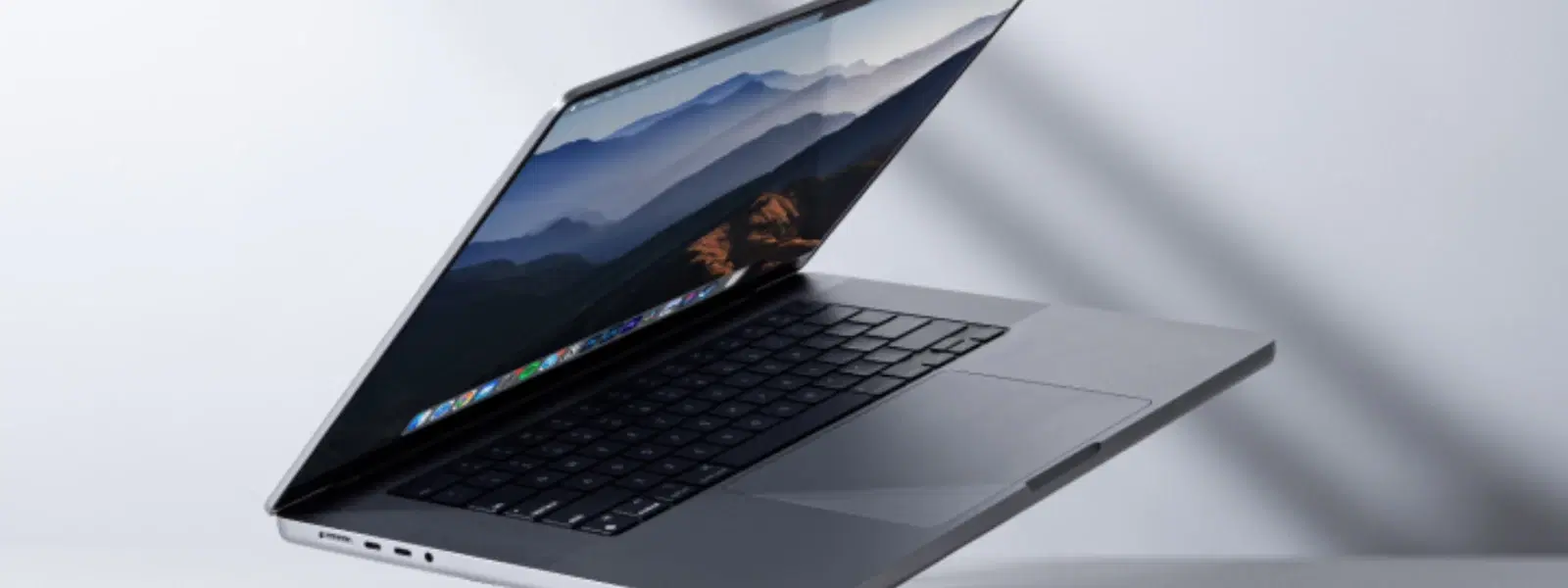
Consumer Electronics
•03 min read
Python is a powerful programming language, but sometimes you may need to uninstall it from your Mac. Whether it is to free up space, resolve compatibility issues, or enable a fresh installation for a different development environment, having a clear removal process is essential. This comprehensive checklist will guide you through how to uninstall Python in Mac, ensuring you completely remove any unnecessary files without affecting your system's stability.
Apple includes Python as part of macOS for several system-level tasks. The version found in /System/Library is integral to many background processes. Removing this system Python is not recommended as it may cause difficulties with critical operations.
Before you begin, it is useful to know which versions of Python are installed. Open the Terminal and run the commands python --version or python3 --version. You might find installations in locations such as /usr/local/bin or /Library/Frameworks/Python.framework. This step is crucial for determining which version you can safely remove.
It is always wise to create a backup of your system before you start. Confirm how Python supports your current workflows, especially if you use it for development or scripting. A clear understanding of its role can save you from potential issues later.
For a smooth process, keep these tools handy: the Terminal, Homebrew (if applicable), and Finder for manual file deletion. These tools will help you remove Python installations effectively, whether you choose to work via the command line or manually through Finder.
Begin by locating the Python installations usually stored in /Library/Frameworks/Python.framework. Move these folders to the Trash to delete them. Next, navigate to /usr/local/bin and remove files like python, python3, pip, etc. This will ensure that associated files are not left behind after the removal.
If you prefer the command line, open the Terminal and run the following commands carefully:
sudo rm -rf /Library/Frameworks/Python.framework
sudo rm -rf /usr/local/bin/python*Using sudo requires caution. Ensure that you only target the intended Python directories and symbolic links. This method enables you to uninstall python manually mac and delete Python files from your system.
If you installed Python via Homebrew, the process is slightly different. Homebrew-managed installations do not mix with manual installations. To remove Python, open the Terminal and use this command:
brew uninstall pythonThis command helps you completely uninstall Python from Mac installed using Homebrew.
After uninstalling Python with Homebrew, ensure no residual files remain by running:
brew cleanupThis extra step guarantees that your system remains tidy and your Python installation is fully removed.
Once you have followed the removal steps, verify that Python is no longer present. Open the Terminal and run:
python --version
python3 --versionIf Python is removed, these commands will return an error or indicate that Python is not installed.
If you encounter issues such as broken symbolic links or unexpected system responses, recheck the directories mentioned above. In some cases, residual files may need to be manually deleted using Finder or additional Terminal commands.
Pro Tip: Avoid Removing System Python!
Did you know? macOS relies on system Python for essential operations. Attempting to remove Python from /System/Library can break critical macOS functionalities. Always focus on uninstalling user-installed versions instead.
Python installations can typically be found in /Library/Frameworks/Python.framework or /usr/local/bin. The system Python is located in /System/Library.
No, you should not attempt to uninstall system Python as it is integral to macOS operations. Removing it may lead to system instability.
Run the command brew uninstall python in the Terminal, then follow up with brew cleanup to remove any residual files.
You may be trying to remove the system Python, which macOS protects. Focus on uninstalling the user-installed versions to avoid any unwanted system errors.
Open the Terminal and run python --version and python3 --version. If Python is not installed, these commands will show an error or indicate that no version is present.
This guide shows you how to delete Python from Mac terminal and manually erase Python installations while ensuring system stability remains intact. The process is designed to be simple, straightforward and reliable, much like the seamless experience you enjoy when earning NeuCoins rewards with Tata Neu. Our customers value the convenience and technology that supports informed decision making—whether choosing top-rated gadgets or ensuring your development environment is tailored to your needs.
With care and careful planning, you can remove Python installation Mac quickly and efficiently. Knowing how to uninstall python in mac enables you to switch to different tools or simply maintain a lean system. Embrace a smart, organised workflow akin to shopping smartly on Tata Neu, where every transaction is seamless and brings you closer to additional NeuCoin benefits. Enjoy the ease and reliability that trusted platforms provide and experience the satisfaction of a system perfectly tuned to your needs.